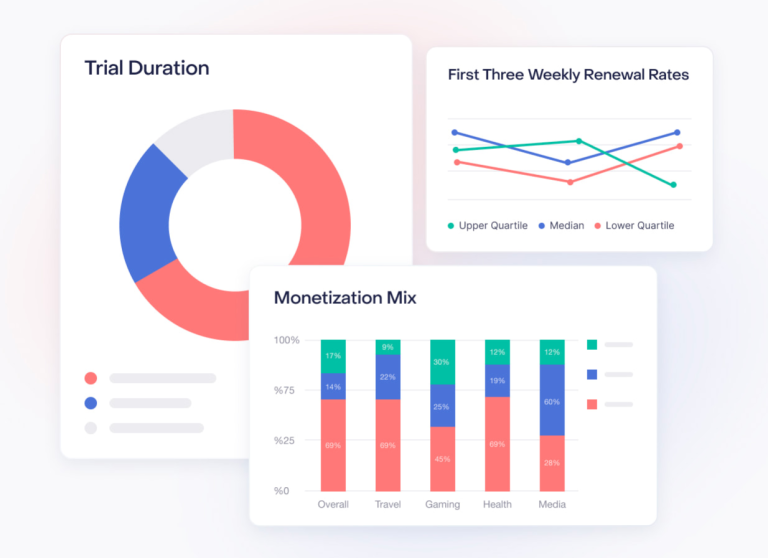
Google Cloud has announced the integration of quantum-resistant digital signatures into its Cloud Key Management Service (Cloud KMS). This new functionality, now available in preview mode, aims to safeguard data against future threats posed by advancements in quantum computing.
Cloud KMS is widely utilized by financial institutions, government agencies, software developers, and critical infrastructure providers for cryptographic key management, data encryption, and digital signing. Traditional cryptographic algorithms, such as RSA and ECC, face a significant risk of being compromised by quantum computers, making “harvest now, decrypt later” (HNDL) attacks a pressing concern.
To counter these potential threats, Google has integrated two quantum-resistant algorithms into Cloud KMS:
- ML-DSA-65 (FIPS 204) – a lattice-based digital signature algorithm
- SLH-DSA-SHA2-128S (FIPS 205) – a stateless hash-based digital signature algorithm
Both solutions have been developed in accordance with NIST recommendations, ensuring robust protection against attacks leveraging quantum computing.
The cryptographic implementations of these new algorithms will be open-sourced through BoringCrypto and Tink libraries, allowing independent security researchers to conduct audits and enhance transparency. Organizations can already test quantum-resistant digital signatures in Cloud KMS and integrate them into their operational workflows.
Additionally, Google has announced that quantum-resistant technologies will extend beyond Cloud KMS to Cloud HSM hardware security modules, further enhancing data protection capabilities.
Although quantum computers capable of breaking modern encryption algorithms have not yet been realized, organizations are proactively fortifying their security measures for long-term data resilience. Concerns have intensified following Microsoft’s recent breakthrough in developing the Majorana 1 quantum processor, which has accelerated progress toward fully functional quantum computing systems.


